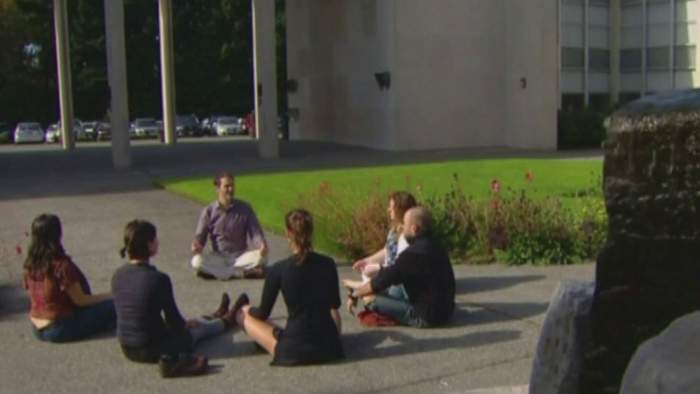Biohacking: The Latest Wellness Trend Taking America by Storm – Is It Safe?

From intermittent fasting to sleep tracking, a new wave of health enthusiasts are embracing “biohacking” – a term that's rapidly gaining traction across America. But what exactly *is* biohacking, and is it a safe and sustainable path to optimal wellness? Health experts are weighing in on this growing movement, exploring its potential benefits and potential risks. This article delves into the world of biohacking, examining its various forms, the science behind it, and whether it's right for you.
What is Biohacking? A Deep Dive
At its core, biohacking is about taking control of your own biology. It’s a DIY approach to health and wellness, where individuals experiment with various techniques – from diet and exercise to advanced technologies – to optimize their physical and mental performance. The term itself is broad, encompassing a wide range of practices and beliefs. It’s less a singular technique and more an overarching philosophy of self-experimentation and data-driven personal health management.
Different Flavors of Biohacking
Biohacking isn't a one-size-fits-all phenomenon. Here are some of the most common categories:
- Nutrigenomics: Focuses on how food interacts with your genes. This often involves genetic testing to tailor dietary choices for optimal health.
- DIY Biology (DIYbio): A more advanced and controversial area involving genetic engineering and experimentation – often outside of traditional medical settings. (This is typically *not* what people mean when they talk about biohacking in a general wellness context).
- Grinder Biohacking: Involves implanting devices or using technology to enhance physical capabilities – again, a more extreme and less common form.
- Lifestyle Biohacking: This is the most accessible and popular form, encompassing practices like intermittent fasting, optimizing sleep, using wearable technology to track biometrics, and experimenting with nootropics (cognitive enhancers).
The Science (and the Hype)
While some biohacking practices are rooted in solid scientific evidence (like the benefits of sleep for cognitive function), others are based on anecdotal evidence or remain largely unproven. The rise of wearable technology and readily available genetic testing has fueled the movement, providing individuals with unprecedented access to data about their bodies. However, it's crucial to interpret this data with caution and consult with healthcare professionals before making significant changes to your lifestyle or health regimen.
Potential Benefits and Risks
Potential Benefits: Proponents of biohacking suggest it can lead to improved energy levels, better sleep, enhanced cognitive function, reduced stress, and a greater sense of overall well-being.
Potential Risks: The risks vary depending on the specific techniques being used. Unproven supplements can be ineffective or even harmful. Radical dietary changes can lead to nutrient deficiencies. And self-experimentation without proper guidance can have unintended consequences. It's particularly important to be cautious when considering genetic testing or any interventions that could impact your long-term health.
Expert Opinions: A Balanced Perspective
Health experts generally advise approaching biohacking with a healthy dose of skepticism and a commitment to evidence-based practices. “While the desire to optimize your health is admirable, it’s crucial to prioritize safety and consult with qualified professionals,” says Dr. Emily Carter, a leading nutritionist. “Focus on foundational habits like a balanced diet, regular exercise, and sufficient sleep before venturing into more complex biohacking techniques.”
The Bottom Line: Is Biohacking Right for You?
Biohacking can be a fascinating and empowering way to take control of your health, but it’s not a shortcut to optimal wellness. Start with the basics, do your research, and consult with healthcare professionals before making any significant changes. Remember that true health is built on a foundation of sustainable habits and a balanced lifestyle.





